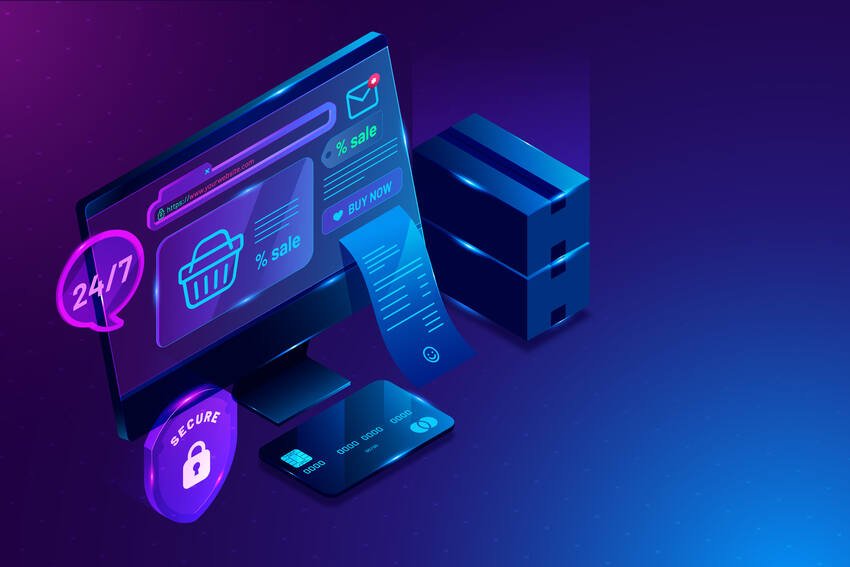The software-as-a-service (SaaS) market is booming, with businesses worldwide opting for scalable, secure, and rapid deployment solutions. For developers and startups aiming to build robust SaaS products, choosing the right web framework is crucial. Ruby on Rails (RoR) has emerged as a top contender in this space, especially for those looking for speed, scalability, and clean architecture. So, does it truly fit your SaaS product needs?
In this blog, we’ll explore the pros, cons, and real-world use cases of Ruby on Rails in SaaS development, helping you make an informed decision. Whether you’re considering RoR development services or looking for a consulting partner, this guide covers everything you need to know.
Why Ruby on Rails?
Ruby on Rails is an open-source web application framework built with the programming language called Ruby. Known for its “convention over configuration” philosophy, it allows developers to write clean, maintainable code while accelerating time to market.
Before diving into SaaS specifics, let’s look at what makes Rails special:
- MVC Architecture: Clean separation of concerns for scalable and maintainable applications.
- Rich Ecosystem: Gems (libraries) for almost everything — authentication, payments, APIs, background jobs.
- Developer Productivity: Faster development cycles, which are perfect for startups and product iterations.
- Scalability & Testing: Built-in testing frameworks and support for horizontal scaling with ease.
Pros of Using Ruby on Rails for SaaS Products
1. Rapid Development
Time is critical in SaaS. RoR allows developers to ship MVPs faster, iterate frequently, and scale smoothly. Features like code generators, scaffolding, and rich libraries speed up development significantly.
This is one reason why many rails development service providers recommend RoR for SaaS startups — you can launch quickly, test your market, and pivot if needed without heavy investment.
2. Built-in Conventions
Rails follows established patterns and best practices. With less need to make architectural decisions from scratch, developers can focus more on building features than structuring code. This is especially useful for SaaS, where common functionalities like user authentication, subscriptions, or multi-tenancy are required.
3. Security Standards
SaaS platforms handle sensitive customer data. Rails has built-in security mechanisms to protect against SQL injection, cross-site scripting (XSS), and cross-site request forgery (CSRF). Many ruby on rails consulting companies favor it for projects that require robust security layers.
4. Scalability and Performance
Though critics often question Rails’ scalability, successful SaaS products like GitHub, Shopify, and Basecamp prove otherwise. With smart architectural planning and background processing (using Sidekiq, Redis, etc.), Rails can handle large-scale applications effectively.
5. Rich Ecosystem of Gems
Rails boasts thousands of community-driven Gems to integrate features like:
- Payment gateways (Stripe, PayPal)
- Email notifications
- File storage (ActiveStorage, AWS S3)
- API integration
6. Active Community & Long-Term Support
RoR has been around for nearly two decades with a strong, active developer community. This means bug fixes, performance updates, and libraries are always evolving. If you choose ruby development services that specialize in RoR, you’ll benefit from years of shared experience.
Cons of Using Ruby on Rails for SaaS Products
Although Ruby on Rails brings numerous benefits, it isn’t entirely free of drawbacks.
1. Performance at Scale
For high-load applications (think millions of users), Rails can become memory-heavy. You’ll need to optimize code, implement caching, and possibly use microservices to separate concerns. Still, it becomes manageable when approached with thoughtful planning.
2. Runtime Speed
Compared to compiled languages like Go or Java, Ruby’s runtime is slower. For CPU-intensive applications or real-time systems (e.g., gaming, trading), this could be a limitation.
3. Hosting Costs
Some cloud providers may not be optimized for Rails out-of-the-box. While platforms like Heroku simplify deployment, scaling may require premium services or dedicated infrastructure.
4. Talent Pool
While Rails developers are abundant, finding expert RoR engineers can be slightly harder compared to more mainstream stacks like Node.js or Python. This is where choosing a seasoned ruby on rails consulting company helps reduce long-term risks.
Use Cases: Where Rails Truly Shines in SaaS
1. Project Management Tools
Basecamp is one of the original and most successful SaaS tools built on Rails. With features like messaging, to-dos, and scheduling, it shows how effective RoR is for productivity platforms.
2. E-commerce SaaS
With over a million online stores, Shopify showcases the scalability of Ruby on Rails. It handles massive traffic, transactions, and third-party integrations — all within a Rails ecosystem.
3. CRM and Marketing Platforms
Tools like Close.io and Segment started on Rails, benefiting from quick MVP launches and the ability to integrate external APIs for data tracking and email marketing.
4. Subscription-based Platforms
Managing subscriptions becomes effortless in Rails, using gems such as Devise for authentication and Stripe or Pay for billing integration. This is why many SaaS startups turn to ROR development services early on.
When Should You Consider Rails for SaaS?
Choose Ruby on Rails if:
- You want to launch an MVP quickly.
- Your SaaS product includes standard web app features (user login, payments, dashboards).
- Your team values convention-driven development.
- You’re building a product that will develop with user input.
- You prefer readable, maintainable code over low-level optimizations.
Avoid Rails if:
- Your application is computation-heavy or real-time (e.g., live trading or gaming).
- You need ultra-low latency systems.
- You don’t have access to Rails expertise.
Final Thoughts
Ruby on Rails continues to be a solid choice for building SaaS products — especially when time-to-market, developer productivity, and scalability matter. While there are a few limitations, the framework’s strengths far outweigh its drawbacks for most SaaS startups and growing businesses.
If you’re exploring a new SaaS idea or want to modernize an existing platform, consider partnering with experts who specialize in Ruby on Rails. A trusted ruby on rails consulting company can guide your journey from planning to production, ensuring smooth performance and long-term growth.
W3villa Technologies offers end-to-end Rails expertise — from consulting to full-scale SaaS development — helping businesses turn their ideas into powerful products.



